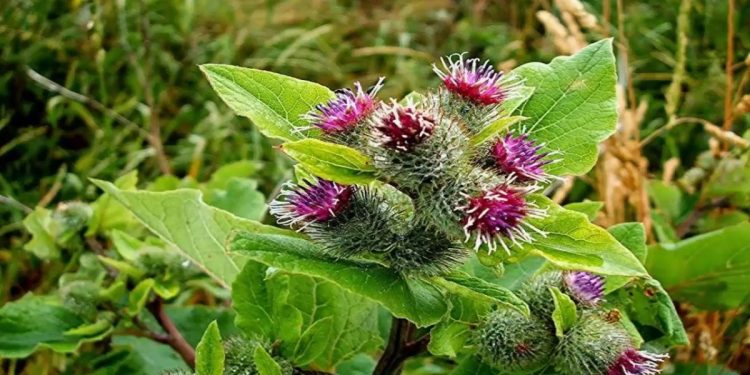#HerbalRemedies #NaturalHealth #TraditionalMedicine #Antioxidants #LiverHealth #KidneyHealth #SkinCare #Diuretic #WaterRetention #HealthyDigestion.
Burdock root, also known as Arctium lappa, is a plant that has been used for centuries in traditional medicine. It is commonly found in Asia, Europe, and North America, and has a variety of potential health benefits. In this article, we will explore the uses and benefits of burdock root, as well as its potential side effects.
Burdock root is rich in antioxidants, which can help to protect the body from damage caused by free radicals. It also contains inulin, a prebiotic fiber that can help to support healthy digestion. Burdock root has been used traditionally to help support liver and kidney health, and may also have anti-inflammatory properties.
One of the most well-known uses of burdock root is for promoting healthy skin. It has been used topically to help soothe dry, itchy skin, and may also have anti-aging benefits. Burdock root can also be used as a natural diuretic, helping to reduce water retention and support healthy urinary function.
While burdock root is generally considered safe, it may interact with certain medications, and should not be used by pregnant or nursing women. Additionally, some people may experience allergic reactions to burdock root, so it is important to start with a small amount and monitor for any adverse effects.
In conclusion, burdock root is a versatile plant with a variety of potential health benefits. Whether you are looking to support your liver and kidney function, improve your skin health, or reduce water retention, burdock root may be worth considering. As with any supplement or herb, it is important to speak with your healthcare provider before adding burdock root to your routine.





